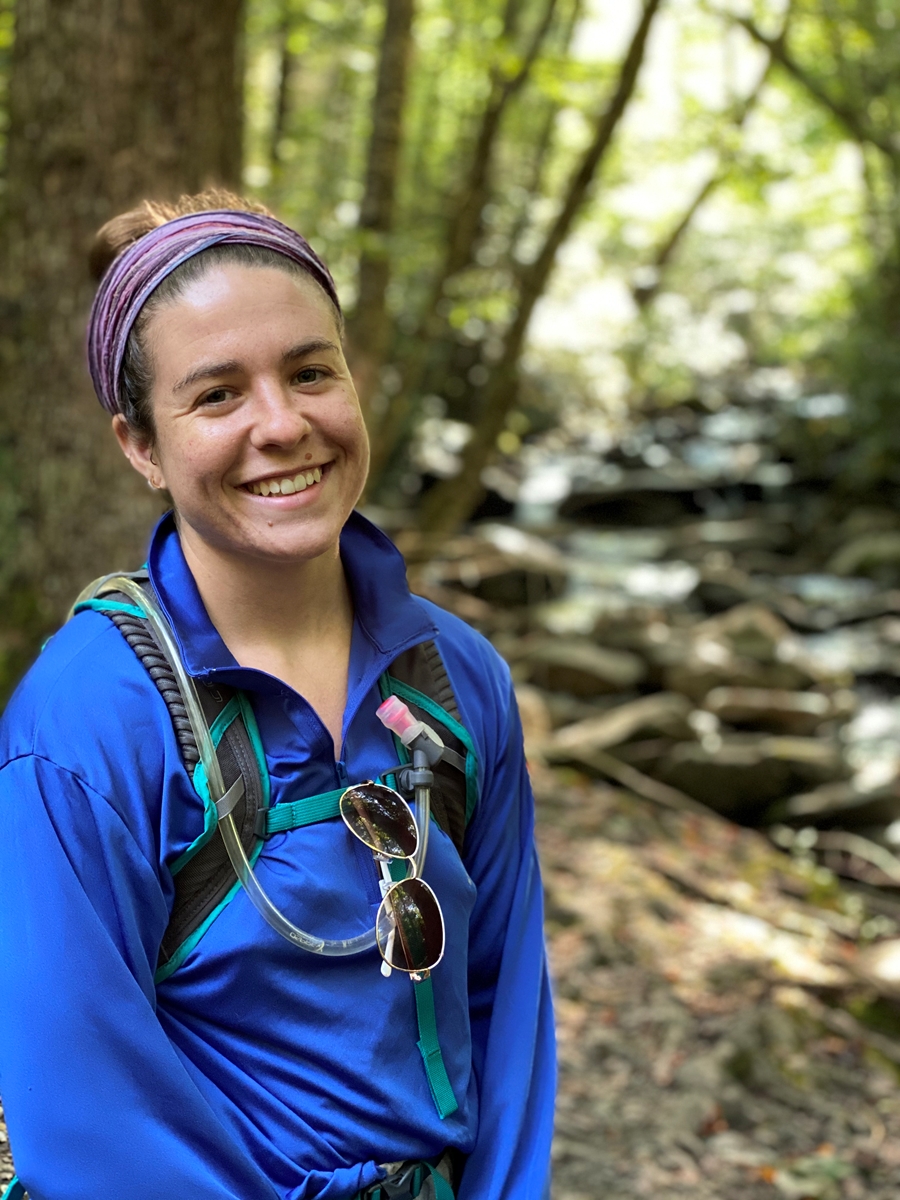Paper Explores How Marsh Sediment Shapes and Impacts River Deltas
River deltas and their adjoining wetlands are being threatened by rising sea levels and decreased river sediment loads. Better understanding how coastlines along river deltas are created and sustained will be critical to preserving and even restoring them in the future.
A recent paper led by alumna Kelly Sanks, a doctoral student in geosciences at the U of A at the time of writing, set out to deepen our understanding of how marsh sediment shapes and impacts river deltas. Among her co-authors was associate professor of geosciences at the U of A John Shaw.
River deltas like the Mississippi Delta are built by sediment in different ways. One way is through rivers, which build immense lobes of sand on which cities like New Orleans are constructed. Another way is through marshes, where muds and organic detritus accumulate as squishy, wet sponges that cover thousands of square miles.
While it is clear both types of sediment accumulation are important, it was unknown how these two types of accumulation interacted over thousands of years. To gain insight, Sanks and her colleagues built an experimental river delta at the Tulane University's Sediment Dynamics Laboratory. At the lab, they ran a small river of water and sediment into a science-grade bathtub that represented both river and marsh accumulation.
Surprisingly, the team found that a small addition of marsh sediment (approximately 8 percent of the mass of the system) almost doubles the area of marshes on a river delta. This is because marsh accumulation tends to flatten the slopes of a river delta, leading to more area near sea level that can host marsh. The paper argues that this feedback could explain the existence of the immense delta plains that exist on many of the world's river deltas.
For example, the Mississippi Delta has over 5,000 square miles within a few feet of sea level. These regions are susceptible to detrimental impacts from rising sea levels and decreased sediment supply due to dams and levees. Since the experiment with marsh sedimentation is a better representation of global deltas, the findings can help improve future coastal restoration and management plans that typically hinge on the successful distribution and retention of riverine sediment.
"This project is a unique product of Kelly's strong background in marsh science and my research program focusing on river deltas," Shaw said. "It never would have happened without the will to combine these complementary strengths."
The paper, titled "Marsh sedimentation controls delta top morphology, slope, and mass balance," was published in the American Geophysical Union's journal, Geophysical Research Letters. Sanks was awarded the U of A's Distinguished Dissertation Award in May 2022. The work in this paper was central to that dissertation and was funded by the National Science Foundation in a collaborative project between Tulane University and the U of A. Sanks' co-authors also included S.M. Zapp, J.R. Silvestre, R. Dutt and K.M. Straub.
Sanks completed her Ph.D. in December 2021 and is now a postdoctoral research fellow at Tulane University studying carbon accumulation in deltaic environments.
About the Department of Geosciences: The Department of Geosciences traces its origin to 1873 when the first mineralogy course was offered at the University of Arkansas. Our faculty and students examine the processes that form and shape Earth's surface, the natural resources we use, how water and ecosystems are interconnected, variations in climate and paleoclimate, the use and development of geospatial methods, and the human geography of ethnicity, gender, class, social inequity, and religion. The department earned $2 million in research awards in FY 2020, and our students benefit from over $3 million in endowed scholarship funds contributed by generous alumni and friends of the department. To learn more about the Department of Geosciences please visit our website.
Topics
Contacts
Kelly Sanks, postdoctoral research fellow
Tulane University
224-698-0323,
ksanks@tulane.edu
Headlines
PetSmart CEO J.K. Symancyk to Speak at Walton College Commencement
J.K. Symancyk is an alumnus of the Sam M. Walton College of Business and serves on the Dean’s Executive Advisory Board.
Faulkner Center, Arkansas PBS Partner to Screen Documentary 'Gospel'
The Faulkner Performing Arts Center will host a screening of Gospel, a documentary exploring the origin of Black spirituality through sermon and song, in partnership with Arkansas PBS at 7:30 p.m. Thursday, May 2.
UAPD Officers Mills and Edwards Honored With New Roles
Veterans of the U of A Police Department, Matt Mills has been promoted to assistant chief, and Crandall Edwards has been promoted to administrative captain.
Community Design Center's Greenway Urbanism Project Wins LIV Hospitality Design Award
"Greenway Urbanism" is one of six urban strategies proposed under the Framework Plan for Cherokee Village, a project that received funding through an Our Town grant from the National Endowment for the Arts.
Spring Bike Drive Refurbishes Old Bikes for New Students
All donated bikes will be given to Pedal It Forward, a local nonprofit that will refurbish your bike and return it to the U of A campus to be gifted to a student in need. Hundreds of students have already benefited.





